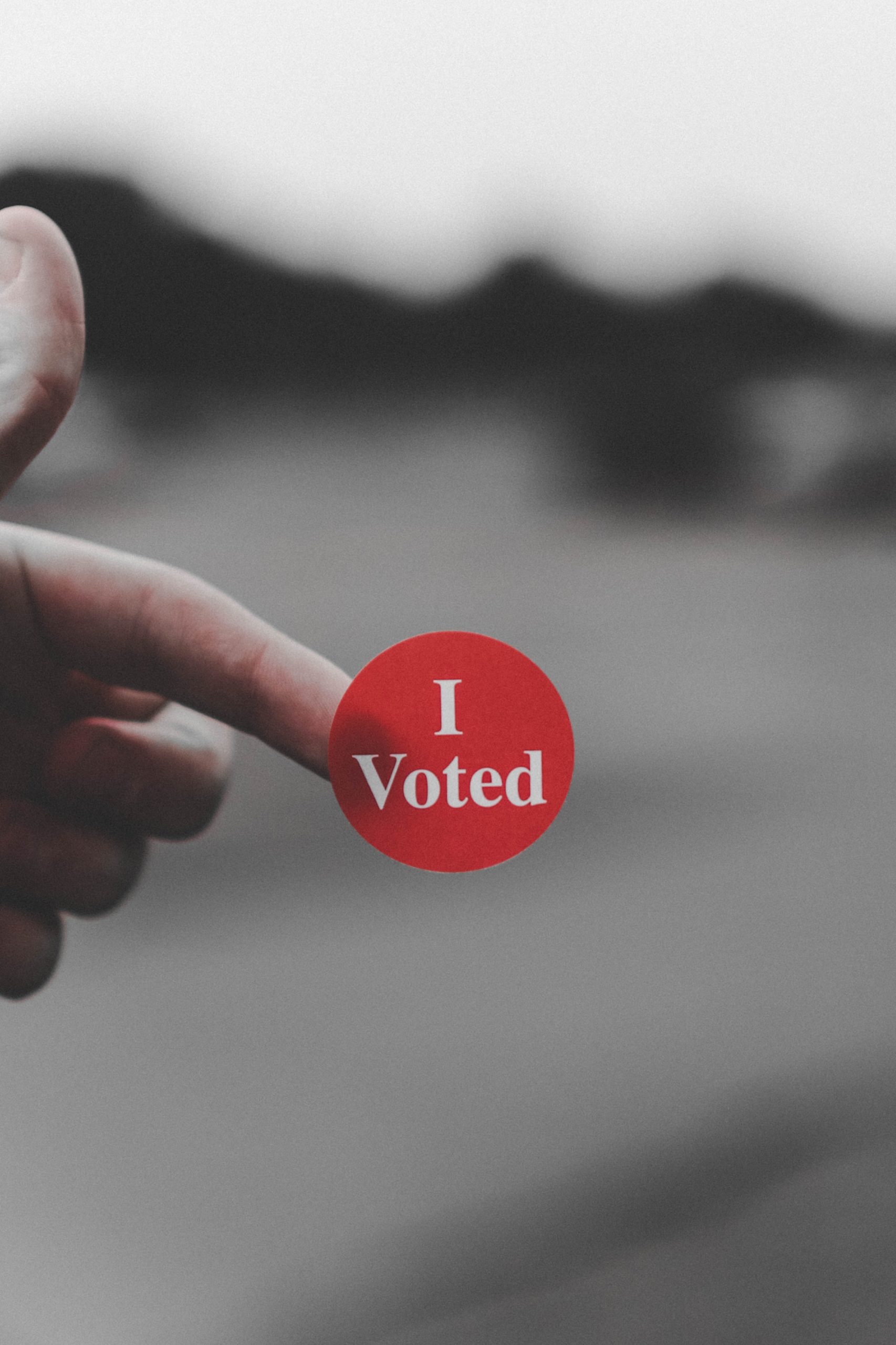 America is changing: demographically, socially, and ideologically; and the voting pool is increasingly reflecting these trends. For instance, as the Hispanic population remains on a steady rise in the U.S., in 2018 more than 29 million of America’s eligible voters are Spanish-speaking. According to the Pew Research Center, this group’s level of engagement in and enthusiasm for elections was at a historic high this year. And as evidenced with the number of women and minorities heading into elected positions after Novembers ballot, these groups clearly represent some of the dominant demographics taking political power as we head into 2019.
America is changing: demographically, socially, and ideologically; and the voting pool is increasingly reflecting these trends. For instance, as the Hispanic population remains on a steady rise in the U.S., in 2018 more than 29 million of America’s eligible voters are Spanish-speaking. According to the Pew Research Center, this group’s level of engagement in and enthusiasm for elections was at a historic high this year. And as evidenced with the number of women and minorities heading into elected positions after Novembers ballot, these groups clearly represent some of the dominant demographics taking political power as we head into 2019.
Turnout for the 2018 midterm election shattered records across the board – reports claim that this was the highest number of voters participating in any midterm in history and the first time turnout has hit 49% of eligible voters in a midterm year in half a century. Enthusiasm was evident early on, with Americans voting early across the nation in record numbers. In fact, in some states (including Texas, Nevada, and Arizona), early voters surpassed all votes cast in the 2014 midterms.
In addition to record turnout, this election showcased many other amazing ‘firsts’ and ‘mosts‘ that reflect our country’s changing makeup. Record-breaking numbers of candidates of color, millennials, and female contenders (the most IN HISTORY, including the first victorious Muslim American and Native American headed to Capitol Hill) participated in elections nationwide. Statewide races across the Southeast were tighter than they have been in decades, and for the FIRST TIME EVER, an African-American woman ran an extremely tight race for Governor in the deep South (Georgia). As contenders came forth from different backgrounds, ethnicities, age groups, and genders, voters came out in droves to support their candidate of choice.
But with record turnout comes associated logistical snafus, mismanaged procedures, and opportunities for manipulation. Reports of voter suppression, gerrymandering, and tampering abounded. And while voter turnout was higher than usual, it remains abundantly clear is that certain populations face inequitable hardships when it comes time to show up to vote and to have their vote truly count.
So many of our neighbors don’t vote because they don’t have transportation to the polls, don’t have access to early voting, cannot take off work, or are misinformed about identification requirements of polling locations. In some states voters become ineligible if they didn’t vote in prior elections, making it especially difficult to get back in the election game. Our voting system is far from equitable – and it needs work.
To further complicate things, in some states, districting issues effectively make certain votes count more than others. In cases of “selective districting,” maps are manipulated to better serve one party over another. The result is that some voter’s ballots are weighted more heavily. In North Carolina, for example, district maps were redrawn in 2016 in a way that concentrates Democratic votes into small districts where they are guaranteed wins, and spreads the remainder of the state into the many more districts where Republicans have huge margins. This admitted effort “to gain partisan advantage on the map” for Republican candidates has been challenged in court, and is presumably a dominant reason that although Democrats received roughly half of the state’s votes for state House of Representatives but will take only 23 percent of the seats in January.

WE ARE TAKING NOTICE!
These issues surrounding voter rights and equity are not lost on the masses. Interestingly enough, one of the biggest winners nationwide this election day was voting rights itself: according to the ACLU, ballot initiatives aimed at strengthening voting rights passed with sweeping majorities in four states (Florida, where felons who have served their entire sentences will now be eligible to vote; Maryland and Michigan, which have become the 16th and 17th states to allow election day registration, among other changes; and Nevada, which established automatic voter registration). In an answer to the ongoing gerrymandering problem nationwide, Colorado, Michigan, Missouri, and Utah all passed initiatives to create independent commissions that will draw their states’ congressional districts moving forward. Momentum is building to fix the system before 2020. One important first step to doing so is to improve the Voting Rights Act of 1965, which was weakened by a 2013 lawsuit.

SACE remains a steadfast advocate for equitable voter rights across the board; we continue to push for fair and transparent systems that lift up all voices and provide a platform for every American to be heard. We are working every day to support efforts to ensure that all eligible Americans are empowered to vote, and that every vote counts equally. Moving forward we are excited to watch the growing trends of this more diverse, younger, female-powered and all-inclusive South and country and to amplify all voices as we call for a clean, safe, and healthy future.



